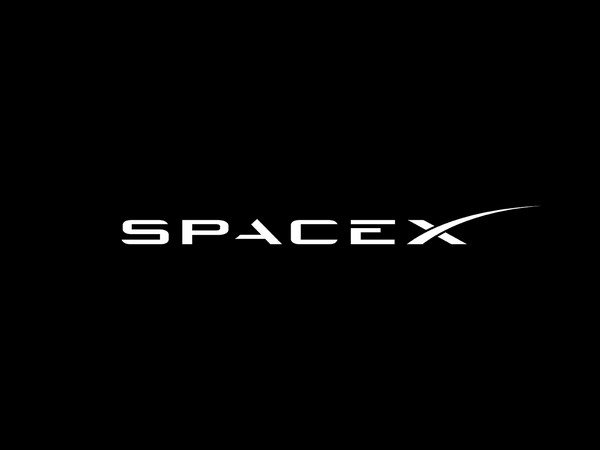Science News Roundup: U.S. FAA extends environmental review of SpaceX program in Texas; New bed nets that 'ground' mosquitoes could boost malaria fight and more
Following is a summary of current science news briefs. U.S. FAA extends environmental review of SpaceX program in Texas The Federal Aviation Administration (FAA) said on Friday it was again extending its target date to complete an environmental review of the proposed SpaceX Starship spacecraft and Super Heavy rocket program in Boca Chica, Texas, to April 29.

Following is a summary of current science news briefs.
U.S. FAA extends environmental review of SpaceX program in Texas
The Federal Aviation Administration (FAA) said on Friday it was again extending its target date to complete an environmental review of the proposed SpaceX Starship spacecraft and Super Heavy rocket program in Boca Chica, Texas, to April 29. The FAA's previous target date was March 28. The FAA noted that completing the environmental review does not guarantee a vehicle operator license will be issued, which must also meet FAA safety, risk and financial responsibility requirements.
New bed nets that 'ground' mosquitoes could boost malaria fight
Bed nets treated with a new kind of insecticide cut malaria cases in children by almost half in a large trial in Tanzania, according to a study in The Lancet, raising hopes of a new weapon in the fight against the age-old killer. Bed nets have been instrumental to the vast progress the world has made in recent decades against malaria, with millions of lives saved. But progress has stalled in the last few years, in part because the mosquitoes which spread the infection have increasingly developed resistance to the insecticide used in existing nets.
Russian space chief says cooperation with Europe now impossible
Russia's space director said on Thursday that Europe had wrecked cooperation by imposing sanctions against his agency, and rockets that were meant to launch European satellites would now be used for Russian companies or countries friendly to Moscow. Dmitry Rogozin, head of Roscosmos, said in a Chinese television interview that this would apply to about 10 rockets.
(With inputs from agencies.)










